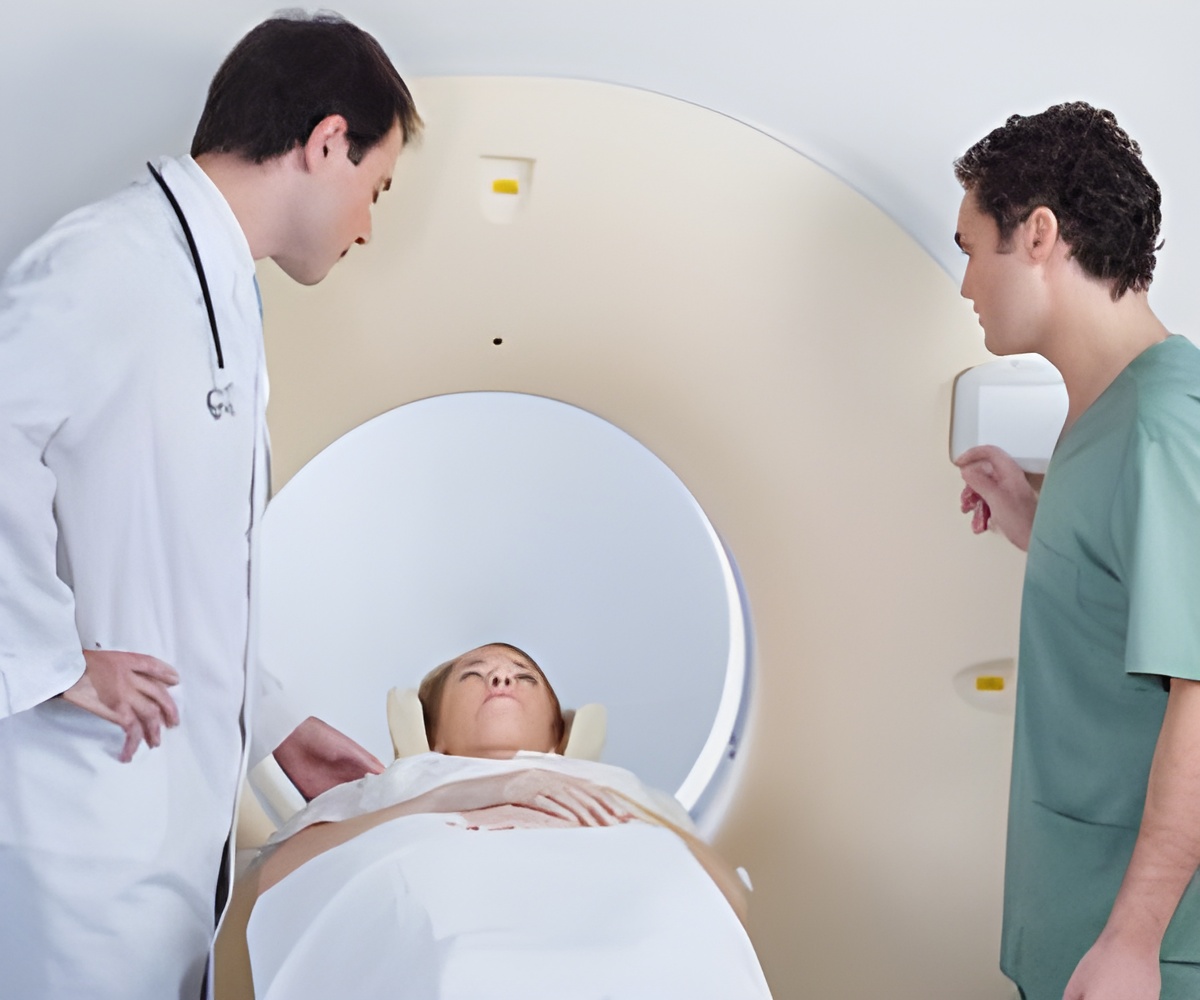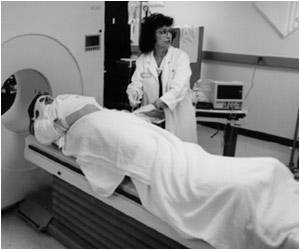New PET scan technique may help detect different regions of inflammation in patients who have inflammatory bowel disease (IBD).

‘A new method uses PET imaging with antibody fragment probes (immunoPET) to target a specific subset of immune cells called the CD4+ T cells. These CD4+ T cells are a characteristic feature of inflammatory bowel disease.
’





In a mouse model of colitis, this study uses PET imaging with antibody fragment probes (immunoPET) to target a specific subset of immune cells, the CD4+ T cells, which are characteristic of IBD."CD4 immunoPET could provide a noninvasive means to detect and localize sites of inflammation in the bowel and also provide image guidance for biopsies if needed," explains Anna M. Wu, PhD, professor of Molecular and Medical Pharmacology at UCLA and director of the UCLA Jonsson Comprehensive Cancer Center’s Cancer Molecular Imaging Program, who headed the project and collaborated with Jonathan Braun, MD, and Arion Chatziioannou, PhD, also of UCLA. She adds, "Assessment of CD4 infiltration could also potentially provide a means for detection of subclinical disease, before symptoms occur, and provide a readout as to the efficacy of therapeutic interventions."
A zirconium-89 (89Zr)-labeled anti-CD4 engineered antibody fragment [GK1.5 cDb] was used for noninvasive imaging of the distribution of CD4+ T cells in the mice with induced colitis, and it successfully detected CD4+ T cells in the colon, ceca, and mesenteric lymph nodes. The study demonstrates that CD4 immunoPET of IBD warrants further investigation and has the potential to guide the development of antibody-based imaging in humans with IBD.
Wu points out that the ability to directly image immune responses could have wide applications, saying, "It could unlock our ability to assess inflammation in a broad spectrum of disease areas, including oncology and immune-oncology, auto-immunity, cardiovascular disease, neuroinflammation, and more. ImmunoPET is a robust and general platform for visualization of highly specific molecular targets."
Source-Eurekalert














